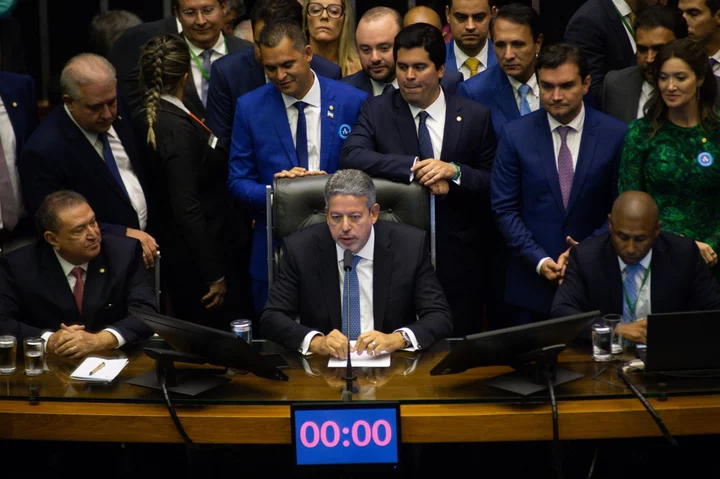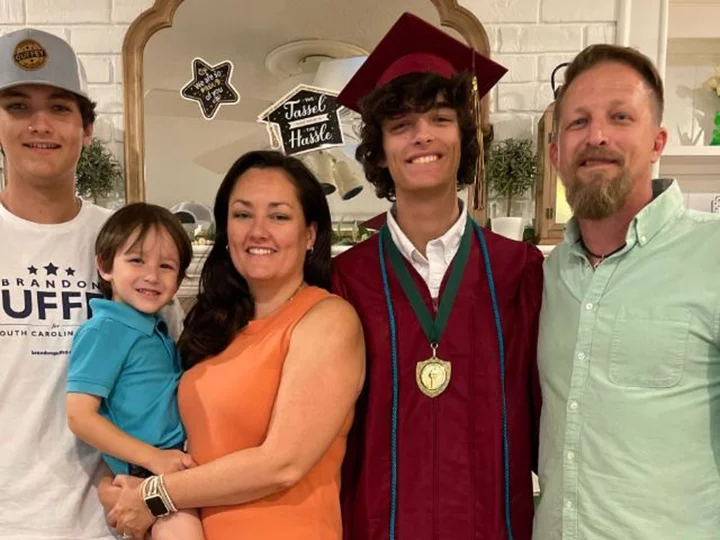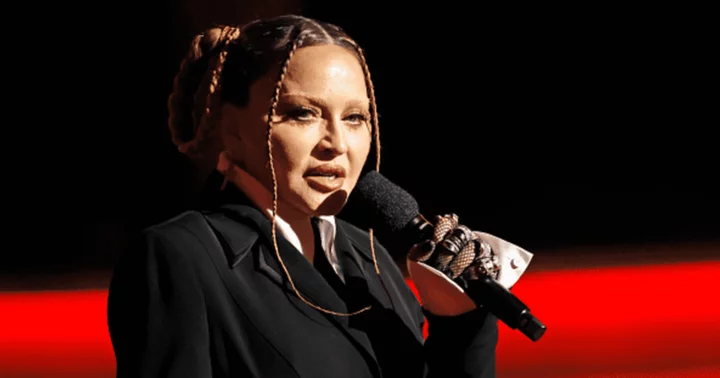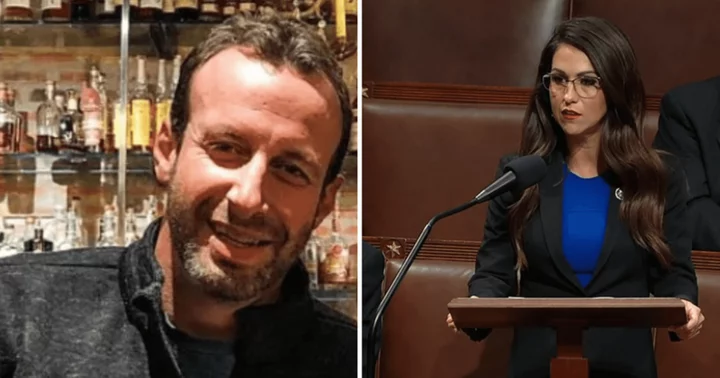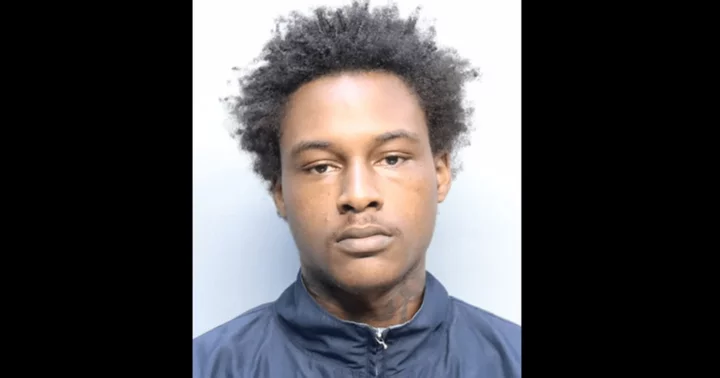Brazil’s lower house gave preliminary approval to a proposal to overhaul the country’s labyrinthine tax rules, a goal that has eluded lawmakers in South America’s largest nation for decades.
Lawmakers voted 382-118 to advance the proposal Thursday night, after months of negotiations over a major priority for President Luiz Inacio Lula da Silva.
As it is a proposed constitutional amendment, the tax reform plan still has numerous hurdles to clear. It must pass the lower house a second time, and win two votes in the Senate as well. Lower house Speaker Arthur Lira said this week that the Senate is likely to make tweaks to the current proposal, which would require the lower house to review the changes in the second half of the year.
Brazilian leaders and lawmakers have attempted to rewrite the country’s tax code numerous times only to fail to build the consensus between various political parties and economic interests necessary to pass reform plans. Lira, Finance Minister Fernando Haddad and congressman Aguinaldo Ribeiro — the legislation’s rapporteur in the lower house — negotiated changes to the bill throughout the week in an effort to secure its passage.
Lula and his economic team see the current legislation as crucial to their broader efforts to shore up Brazil’s public finances. Lawmakers this week may also approve the government’s fiscal framework proposal, which will replace a so-called spending cap law.
The leftist leader entered the final days of voting before the legislature begins its mid-year break without a solid base in congress, although support for major economic agenda items is broader, even including some members of opposition parties.
Right-wing former President Jair Bolsonaro and other opposition figures sought to turn allies against the tax reform proposal this week, calling on lawmakers to vote against it.
Read More: Five Key Points in Brazil’s Effort to Overhaul Its Tax Code

